A new trial has been launched to see if whooping cough vaccine can help combat the dramatic rise in children with food allergies.
The number of Australian children with food allergies has skyrocketed since the late 1990s and according to lead researcher Associate Professor Tom Snelling, from Curtin University and Telethon Kids Institute, these appear to be getting more severe, sometimes requiring admission to hospital.
Researchers in Melbourne and Perth will investigate whether a type of whooping cough vaccine could provide bonus protection against food allergies and eczema. This project will involve 3,000 babies as part of a $3.9million clinical trial.
The OPTIMUM Study will examine whether a dose of whooping cough vaccine used in many other countries, but not currently in Australia, could boost protection against life-threatening allergies to foods like eggs, milk, soy, peanuts, tree nuts, wheat, fish and shellfish.
‘The immune system has to quickly mature in the first few months of life after birth, so it’s more suited to protecting against infection,’ Mr Snelling said.
“Allergies occur when the immune system reacts to everyday substances such as different types of food. We believe that by harmlessly mimicking infections, some vaccines have the potential to help steer the immune system away from developing reactions,” said Dr Snelling.
“All babies should receive a whooping cough vaccine from six weeks old, and then again at four and six months. In Australia, we currently use the ‘acellular’ whooping cough vaccine, while in most countries babies receive a ‘whole-cell’ whooping cough vaccine instead.
“We are trying to understand if using the ‘whole-cell’ whooping cough vaccine can help train the immune system not to react to these harmless substances, potentially protecting babies from developing allergies in early childhood.”
There are currently 250,000 young Australians living with severe food allergy, and up to three in every ten babies born each year will develop either a food-related allergy or eczema.
The National Health and Medical Research Council funded project will involve babies from Melbourne, Sydney and Adelaide.
When the children are 18-months-old researchers will assess if they have food allergy symptoms.
Researchers are currently recruiting for children to be part of the trial.
Read more – Researchers Concerned Antibiotics May Compromise Vaccines
Share your comments below
We may get commissions for purchases made using links in this post. Learn more.


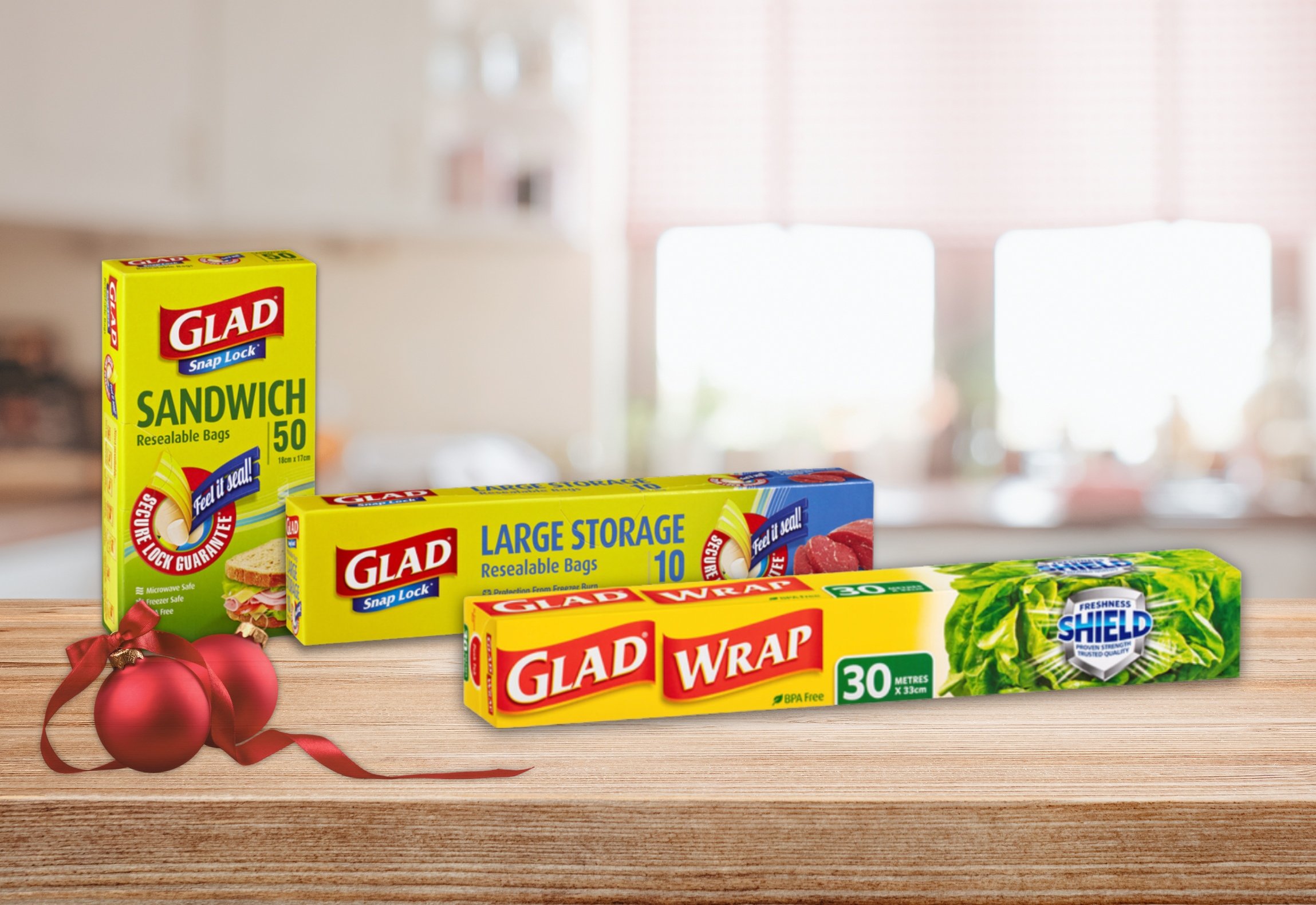

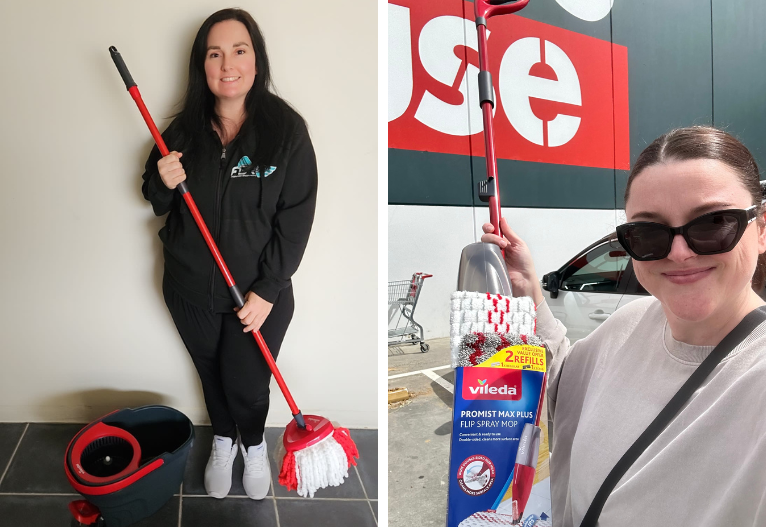

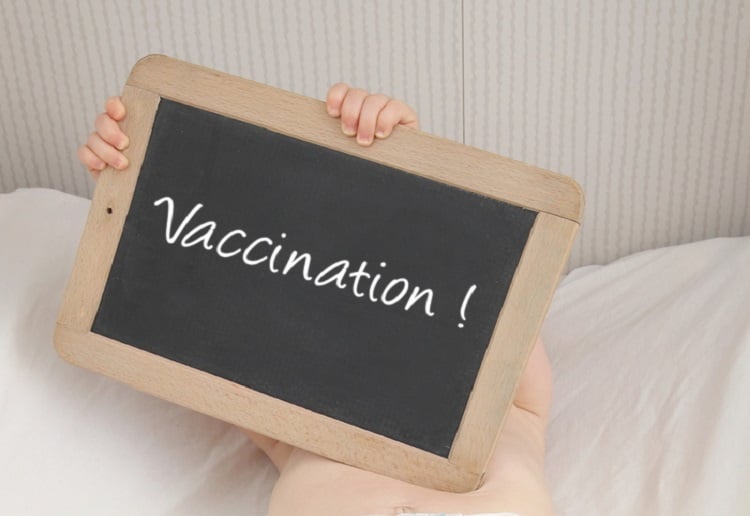
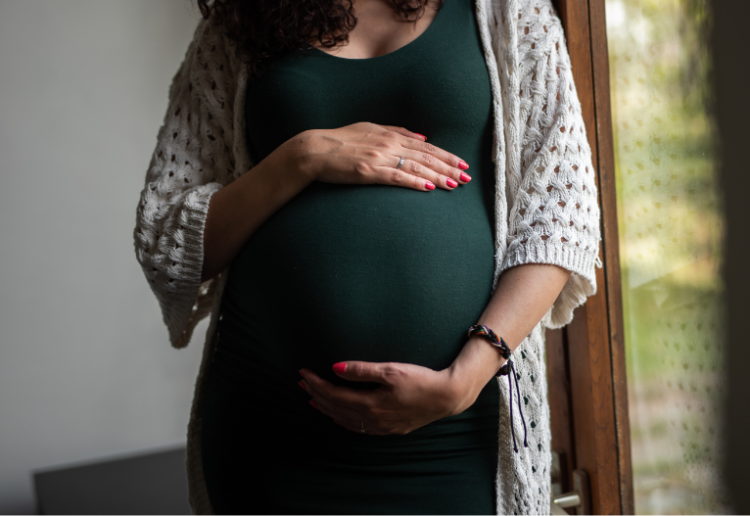






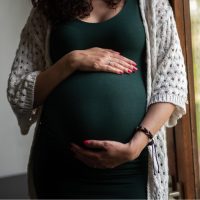



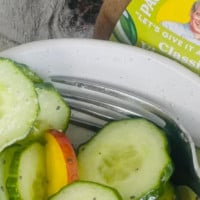




7:29 pm
7:59 am
7:37 am
10:20 pm
10:45 pm
6:31 am
10:29 pm
5:02 pm
5:26 am
9:59 pm
10:51 pm
-

-
-
-
mom93821 replied
- 31 Jan 2019 , 5:51 am
Reply3:04 pm
8:20 am
7:23 am
4:58 am
3:02 am
1:22 am
11:44 pm
10:29 pm
10:23 pm
- 1
- 2
- »
Post a commentTo post a review/comment please join us or login so we can allocate your points.